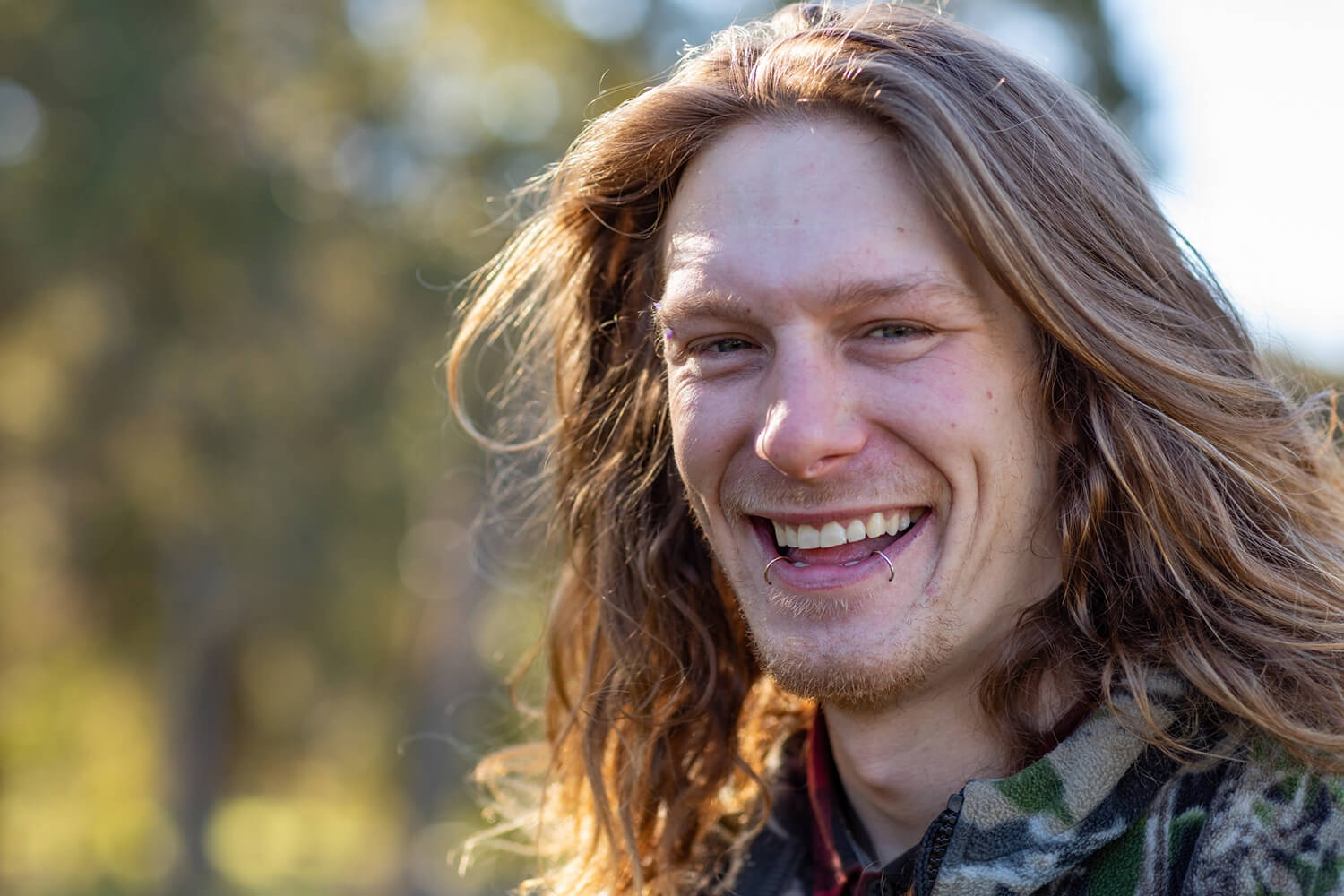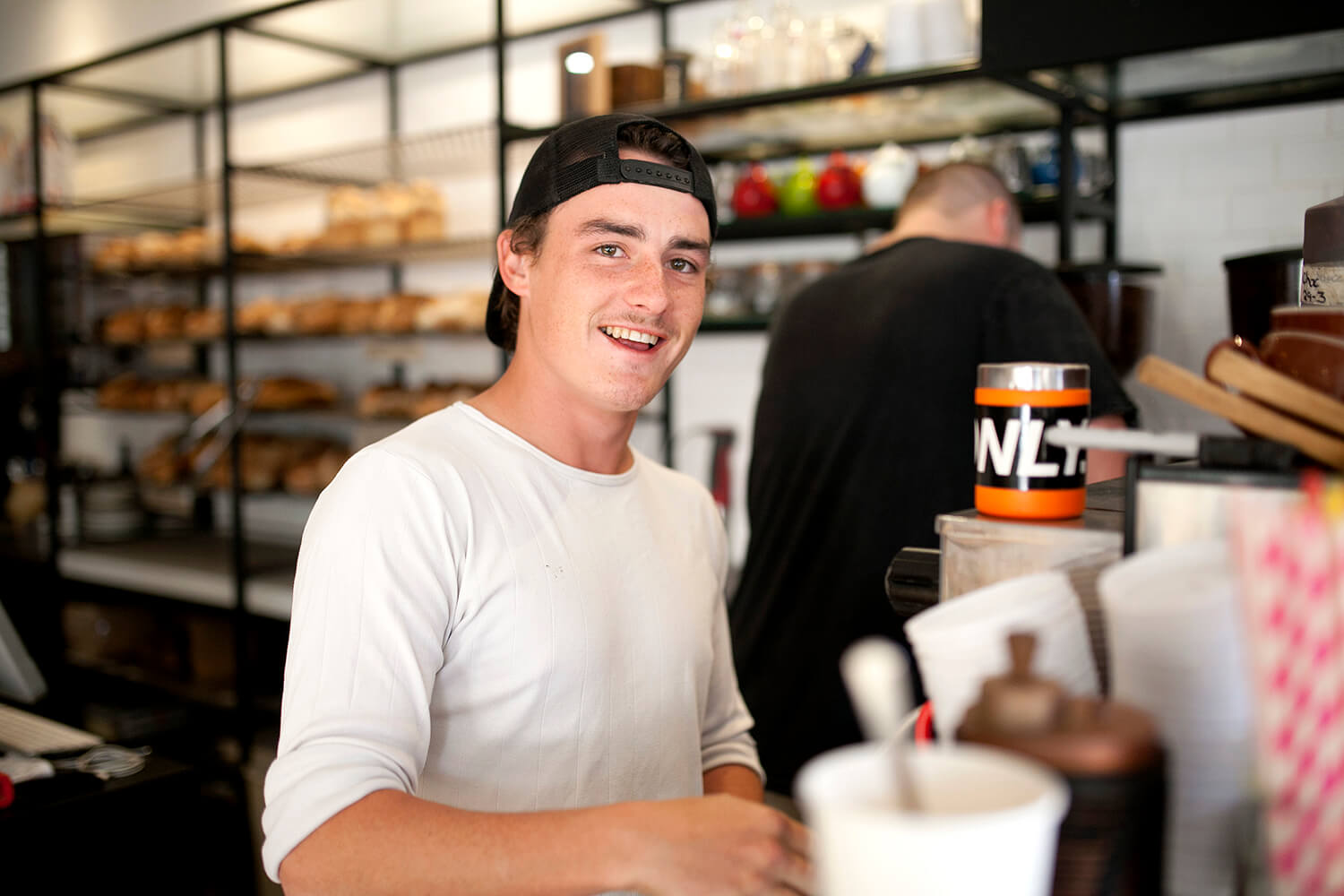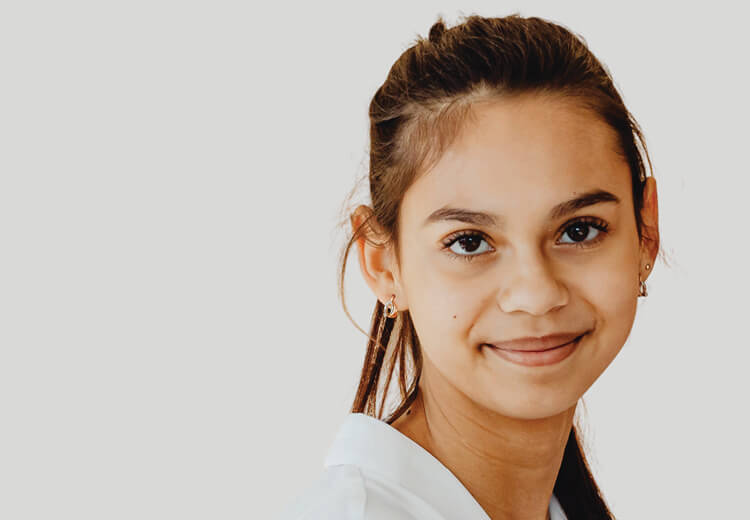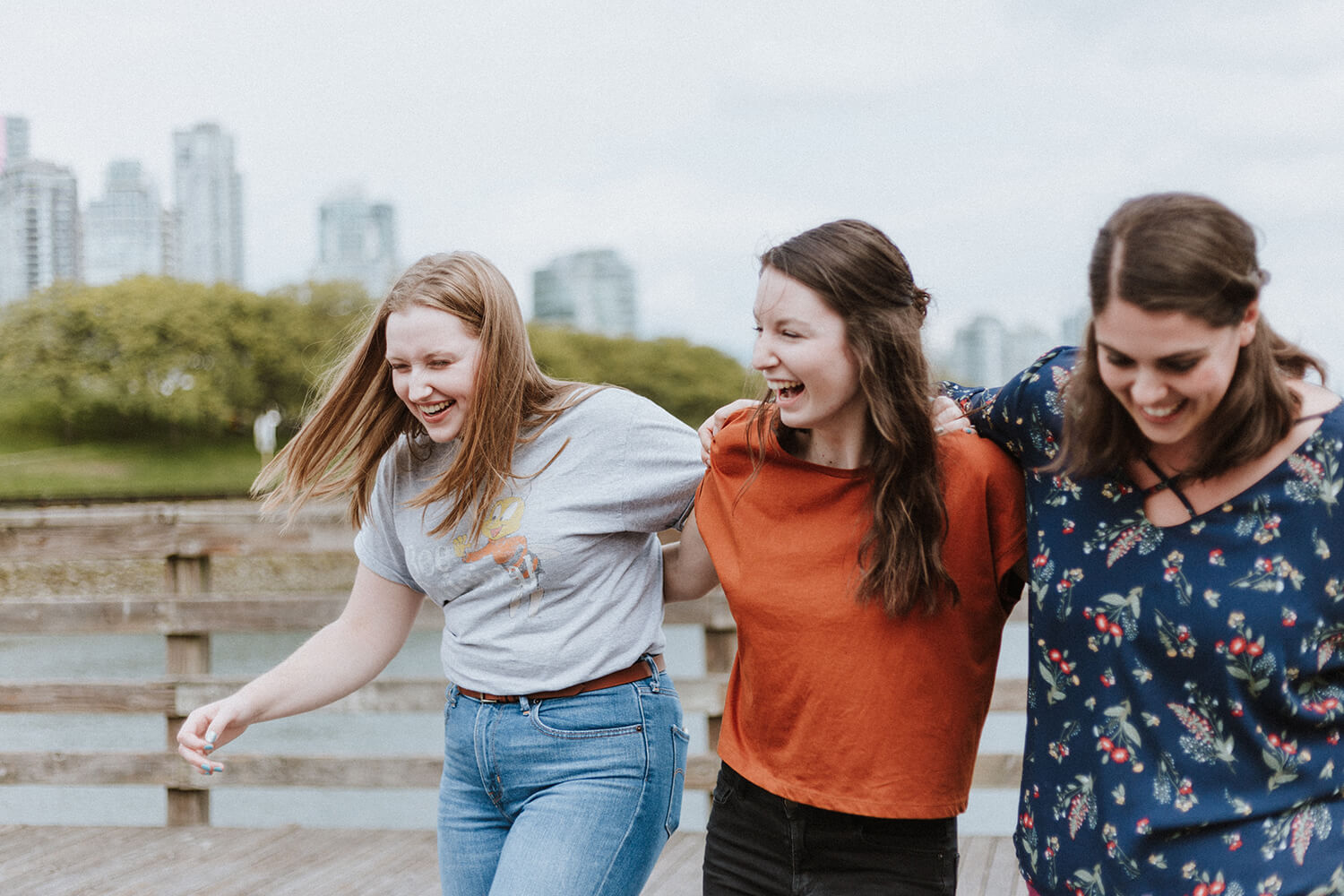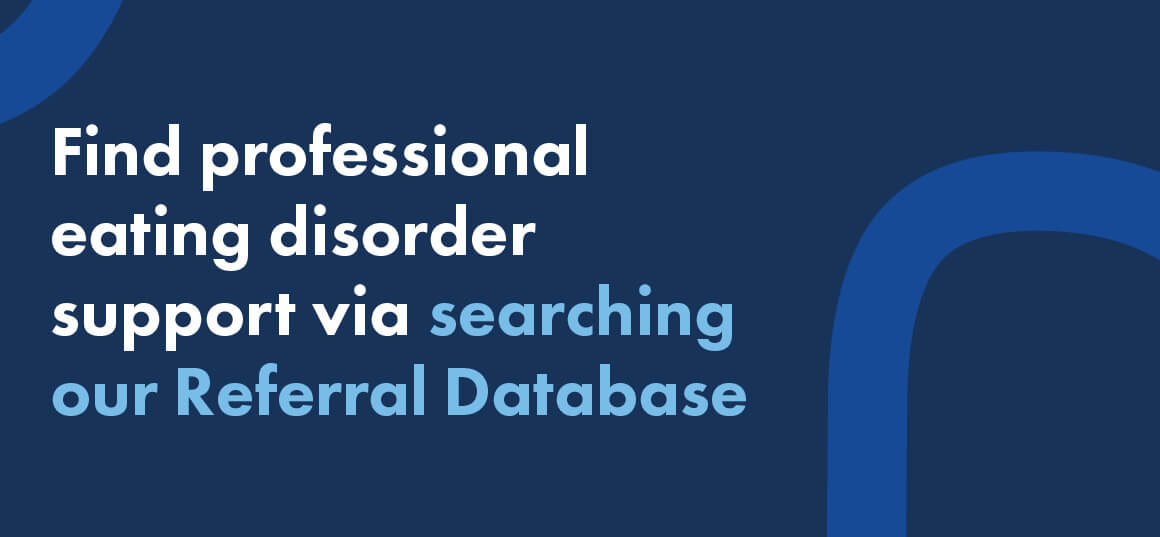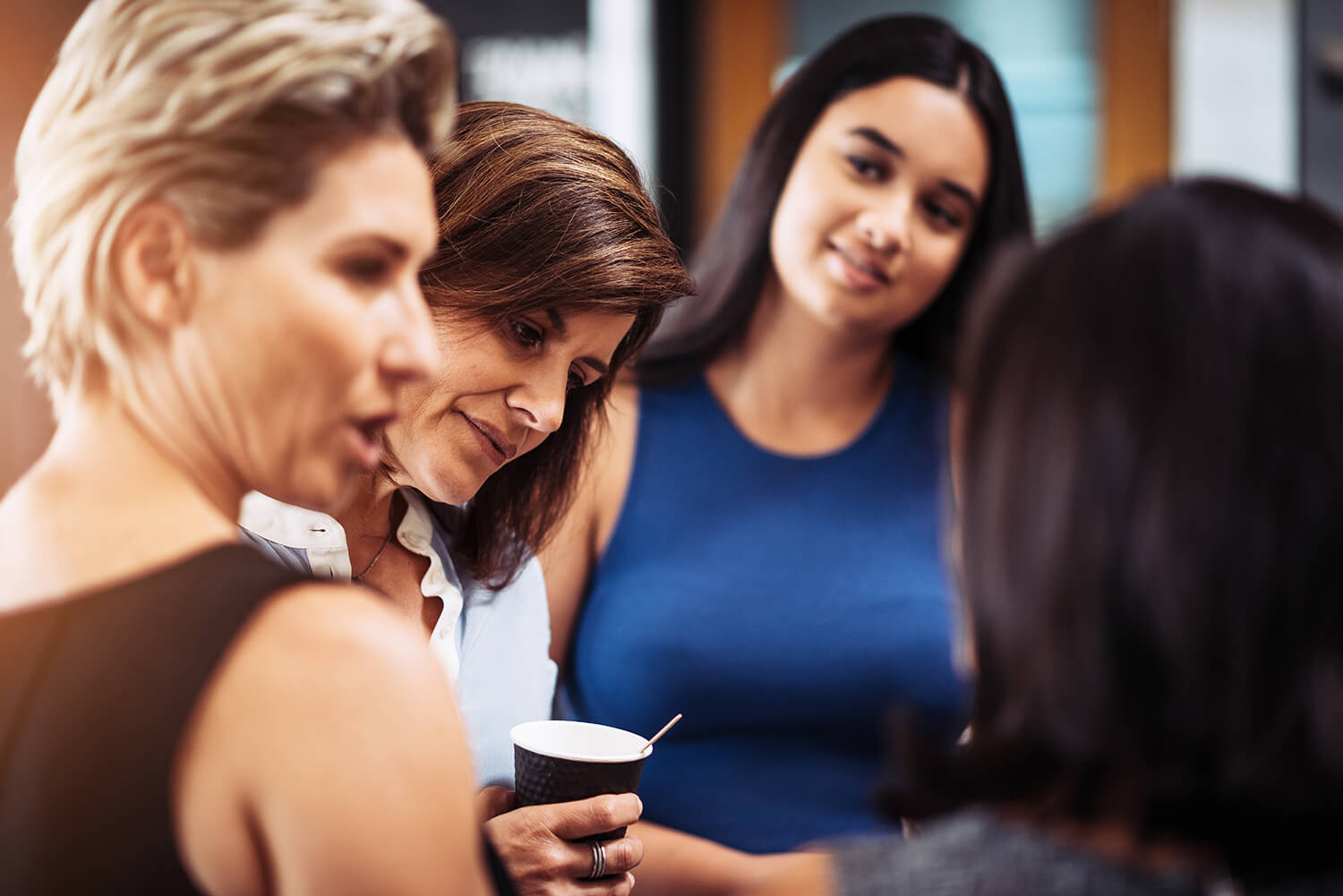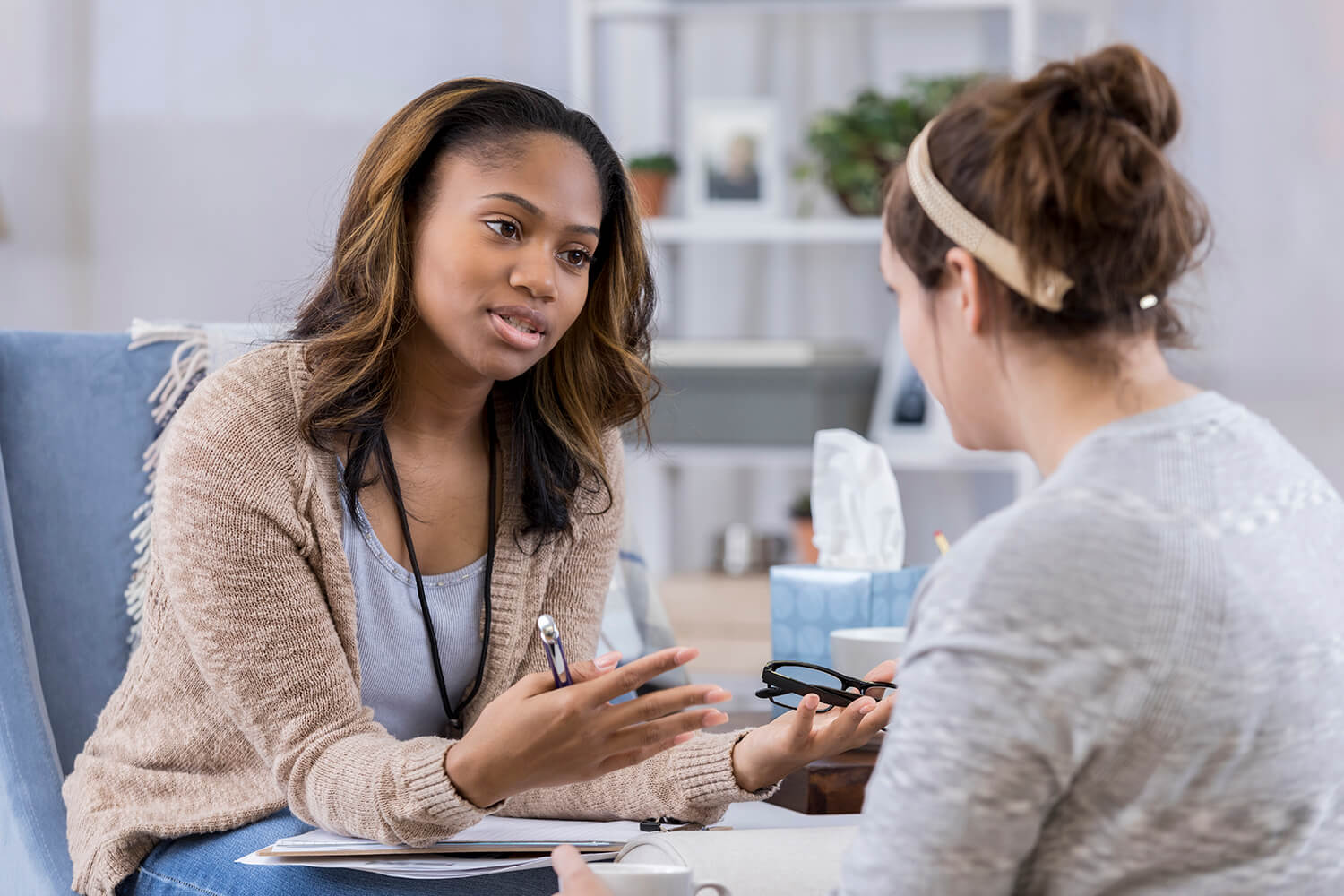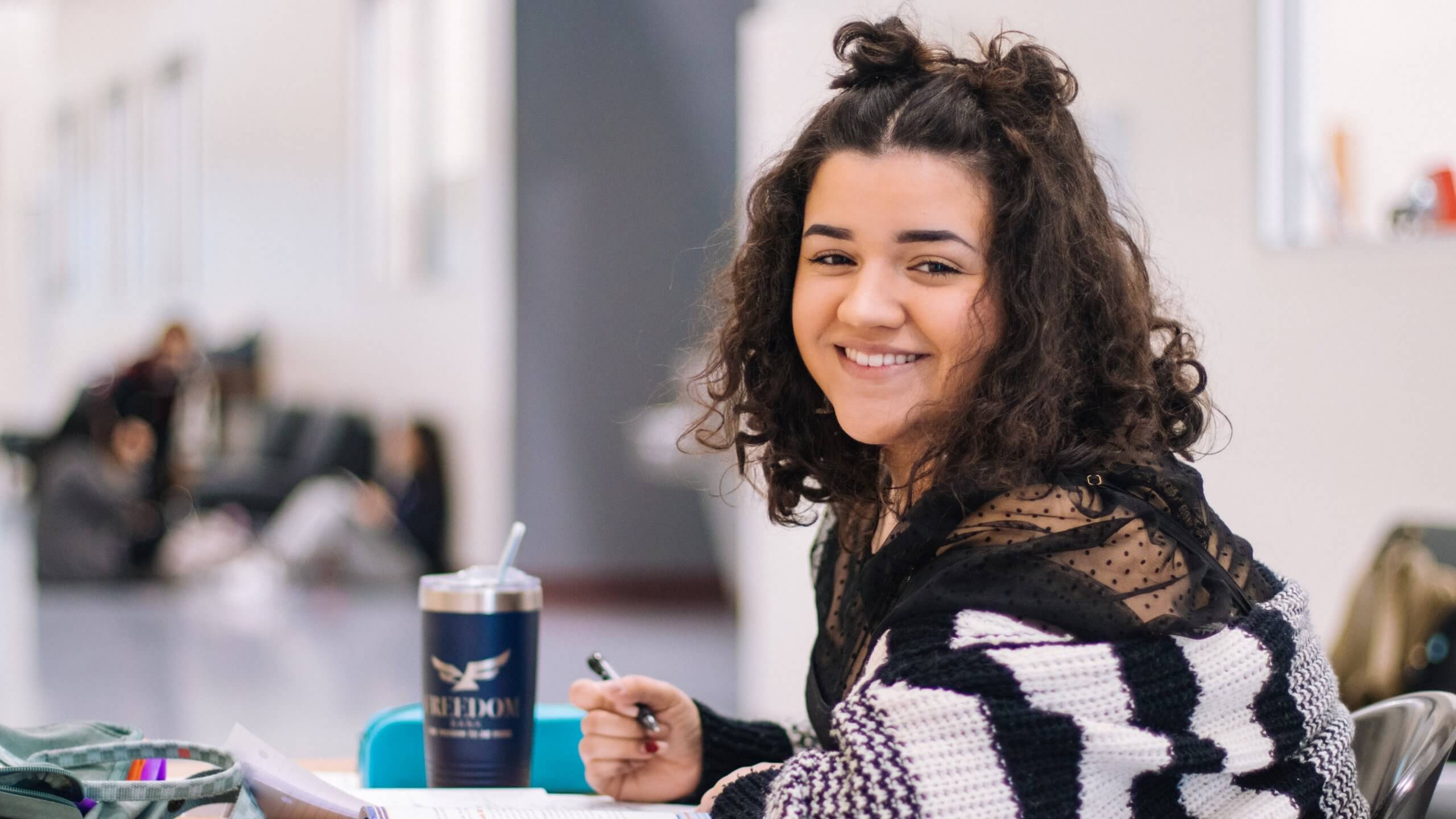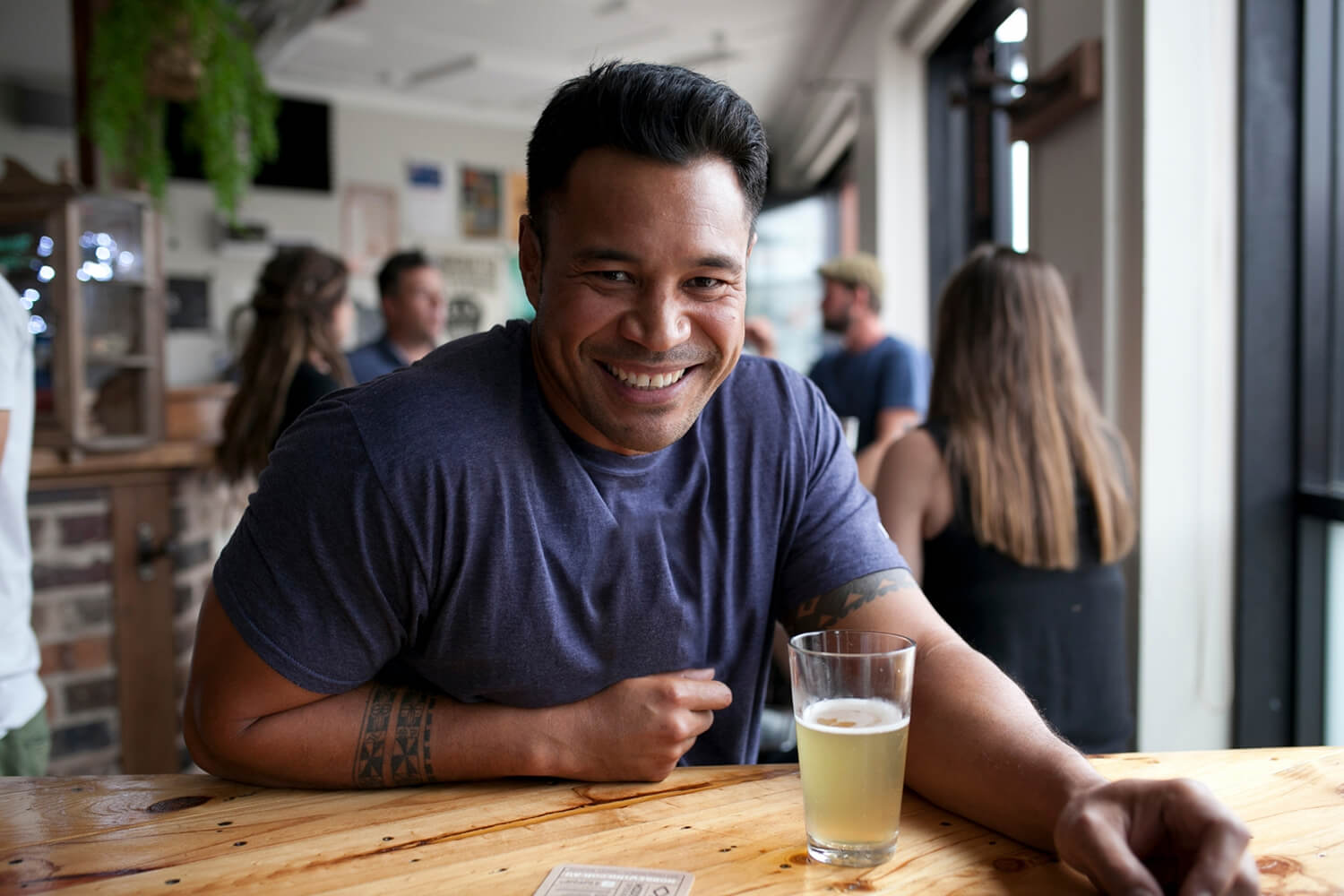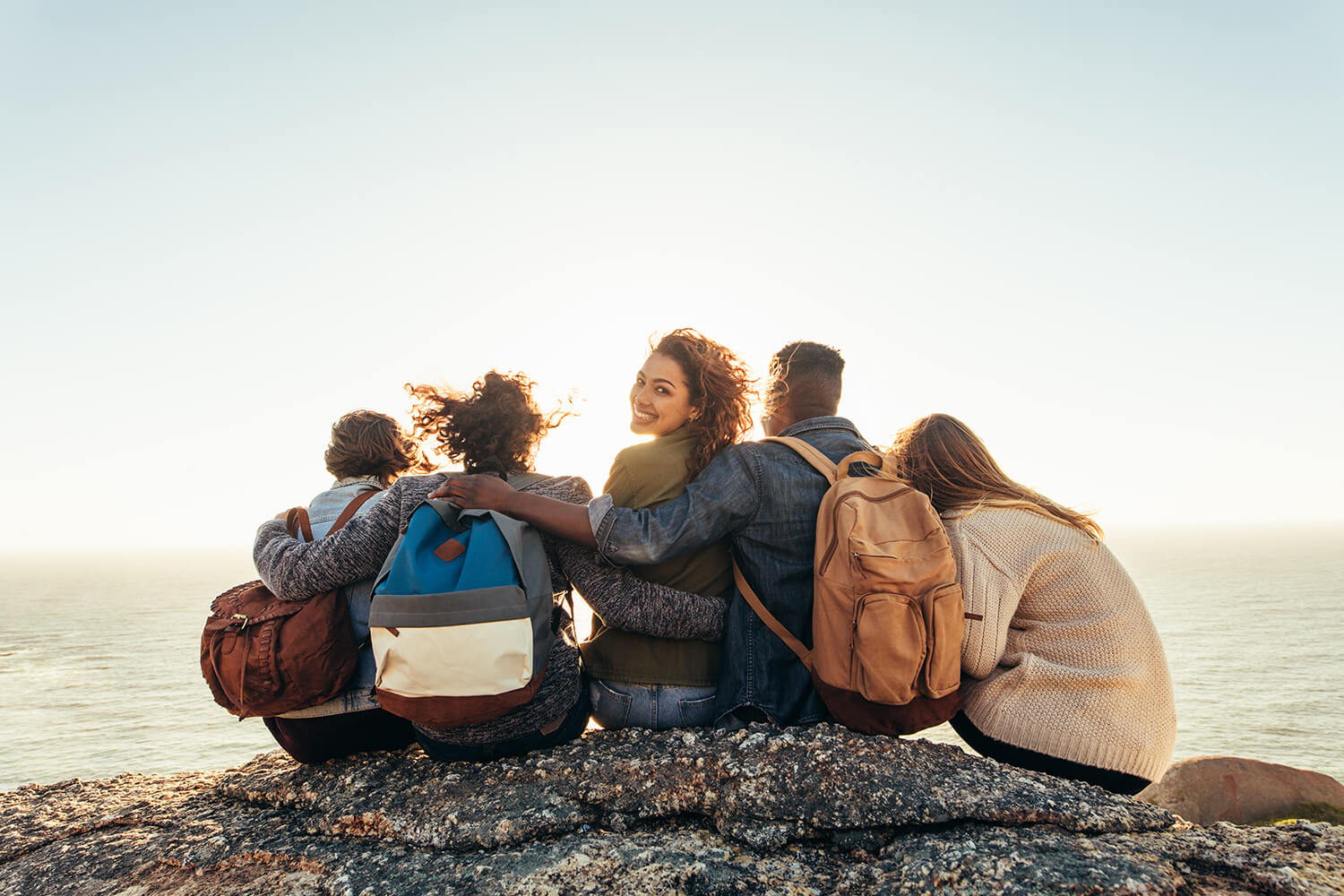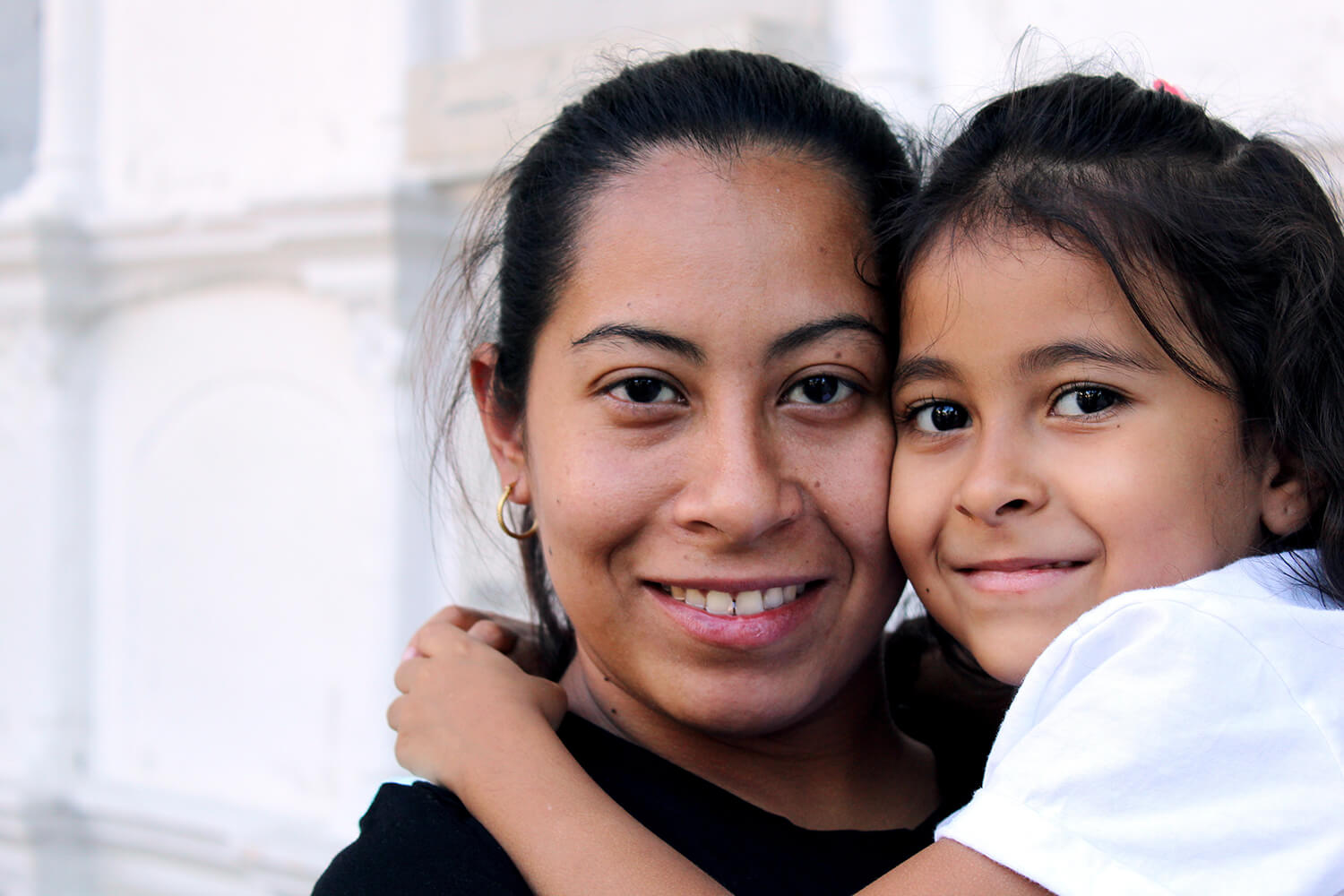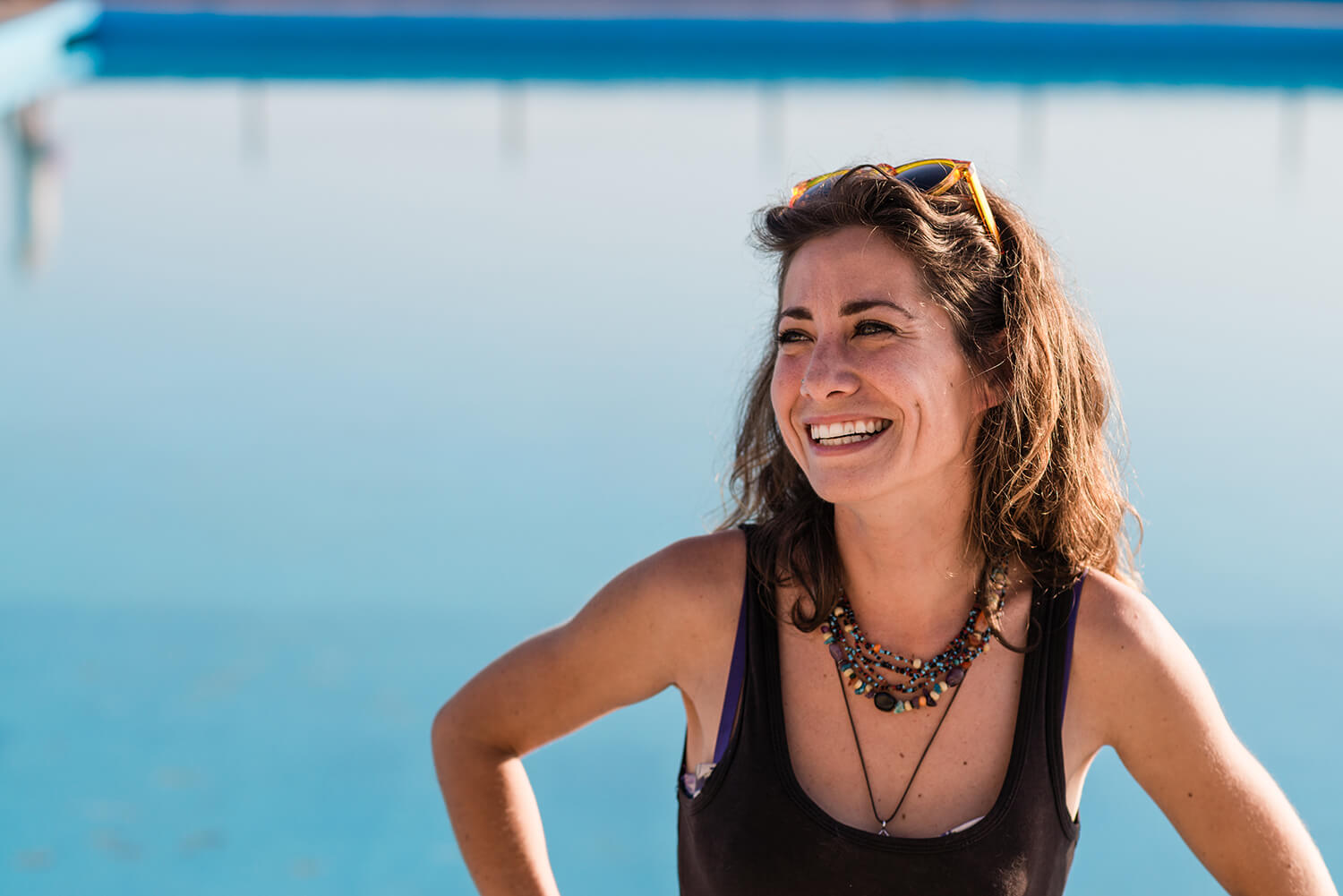Aboriginal & Torres Strait Islander People Get Eating Disorders & Body Image Issues Too
Butterfly Foundation has today launched its #EveryBODYisDeadly campaign to encourage Aboriginal and Torres Strait Islander people to talk about body image and eating concerns and reach out to Butterfly for culturally safe support.
According to Butterfly, the national eating disorder and body image charity, one in ten Australians will at some stage experience an eating disorder, and many more will experience body image concerns. Aboriginal and Torres Strait Islander people experience these issues at similar rates to the wider Australian population, with 30% of young people—including Aboriginal and Torres Strait Islander young people – saying they’re very concerned about their body image.
Garra Mundine and Felicia Foxx, the faces of #EveryBODYisDeadly, can relate all too well.
For Garra, a proud Wiradjuri, Bundjulung, Kamilaroi and Yuin woman from Dubbo NSW, body image concerns were something that started when she left her community to attend school in Sydney. Back home with her family and surrounded by culture, Garra never took much notice of her body image. However, at the age of 11 after moving to Sydney, she began to feel her body was different and eventually developed an eating disorder.
“A lot of my friends in the city were of Asian, Irish, and Italian heritage. As teenage girls, they naturally had skinny bodies that fit European beauty standards. I noticed that my body wasn’t like that and I really struggled because I wanted to fit in.”
“I was always trying to find ways to lose weight and fit in to smaller sizes. The fashion at the time was all about crop tops and looking small. And I just wasn’t that girl. I would specifically buy clothes that were too small, and I would try and get myself as small as possible to fit these beauty standards.”
For drag queen Felicia Foxx, a proud Kamilaroi and Dhungutti sister girl from Campbelltown NSW, growing up in a male-dominated Aboriginal family that was very masculine and athletic had a significant impact on her body image and sexual identity.
“My body image concerns started at a very young age. I always thought I was the little black sheep of the family and being the slim, straight up and down one wasn’t normal. I thought I had to portray the exact body type the men in my family portrayed.” Simultaneously struggling with her sexual identity, “questioning whether I was gay or not,” Felicia, like Garra, says she felt she didn’t fit in anywhere.
Amelia Trinick, Butterfly clinician and Helpline Team Leader, says: “having body image and eating issues can significantly weaken a person’s mind, body and spirit; but talking about what you’re experiencing can really help.”
But for Garra and Felicia, speaking up and seeking support within their respective communities was not necessarily an option.
“Eating disorders were never really spoken about in my community. So, I very much felt like I was on my own,” explains Garra.
“Growing up in black families, body image issues and eating problems are never really talked about. It didn’t come with a shame factor, it just wasn’t spoken about, and wasn’t really an issue. Having that cultural barrier there, and not knowing if it was okay to speak to your elders or your mob about it, made things challenging,” reaffirms Felicia.
Both Garra and Felicia also experienced significant cultural barriers in their respective journeys to receiving support.
“I couldn’t find anything. I went to an Aboriginal health service, but the doctor wasn’t Aboriginal or Torres Strait Islander, and I felt that she was not empathetic to my situation at all. That experience definitely scared me away from looking for professional help,” says Garra.
Amelia says the launch of Butterfly’s #EveryBODYisDeadly is an important step in validating Aboriginal and Torres Strait Islander peoples’ experience of body and eating issues and reassuring communities that culturally safe support exists.
“Anyone can have body or eating concerns. It’s not about body shape or size, and each person’s experience is different. Reaching out to talk with friends, family or Butterfly’s free and confidential Helpline can truly make the world of difference. We’re here to listen in a safe space and our qualified counsellors have ongoing cultural competency training. As an organisation, we’re committed to ongoing learning from Aboriginal and Torres Strait Islander health professionals, researchers and those with lived experience, who’ve been generous with sharing their knowledge.” she explains.
Butterfly’s services are something Garra wishes she had when she was suffering in silence. “If there was support that was culturally safe at the time, I would have definitely taken it up.”
Garra doesn’t let a lack of support define her story of recovery though. She is now on a healing journey, finding a healthy balance and receiving professional support from a doctor who has been ‘amazingly empathetic’ to her situation.
“Recovery is an ongoing thing that you need to work at every single day. But there is a light at the end of the tunnel, it does get easier and it’s all about embracing yourself. Learning that you’re not going to fit into this perfect box and you’re not meant to. You’ve just got to be you.”
Felicia, known for her unique drag performances that exude confidence and fearlessness, uses her story to promote body positivity and inspire self-love in others.
“It’s so important for me to go out and speak about my body issues and eating problems, because there might be another little Aboriginal boy out there who is experiencing the same thing as me. Our health is our number one issue, and it needs to be spoken about more in Aboriginal communities. We need to be educated around how our bodies work and how it is normal to feel the ways we feel.”
For Aboriginal people experiencing body image issues, Felicia insists that talking it out is the best thing to do. “Make it a dinner time conversation that you have at the dinner table and bring it up to family, so we can make it better for all of our mob experiencing these issues in the future.”
#EveryBODYisDeadly was created with the help of Aboriginal and Torres Strait Islander health workers and people with lived experience. Butterfly’s Helpline counsellors, and Butterfly as a whole, continue to have cultural awareness training. The Butterfly National Helpline is free, confidential, open seven days a week, 8am-midnight AEST, and can be reached on 1800 33 4673, via webchat or email support@butterfly.org.au
To find out more about #EveryBODYisDeadly head to: /get-involved/campaigns/everybodyisdeadly/
-ENDS-
Media Contact
Alex Cowen – Communications Manager
Ph: 0497 008 716
Editor & Producers Note: Please include the following support line details in all media coverage of this story and refer to the Mindframe Media guidelines for safe reporting on eating disorders. Please include the following helpline message.
Help and Support
Anyone needing support with eating disorders or body image issues is encouraged to contact:
- Butterfly National Helpline on 1800 33 4673 (1800 ED HOPE) or support@butterfly.org.au
- Eating Disorders Victoria Helpline on 1300 550 23
- For urgent support call Lifeline 13 11 14




